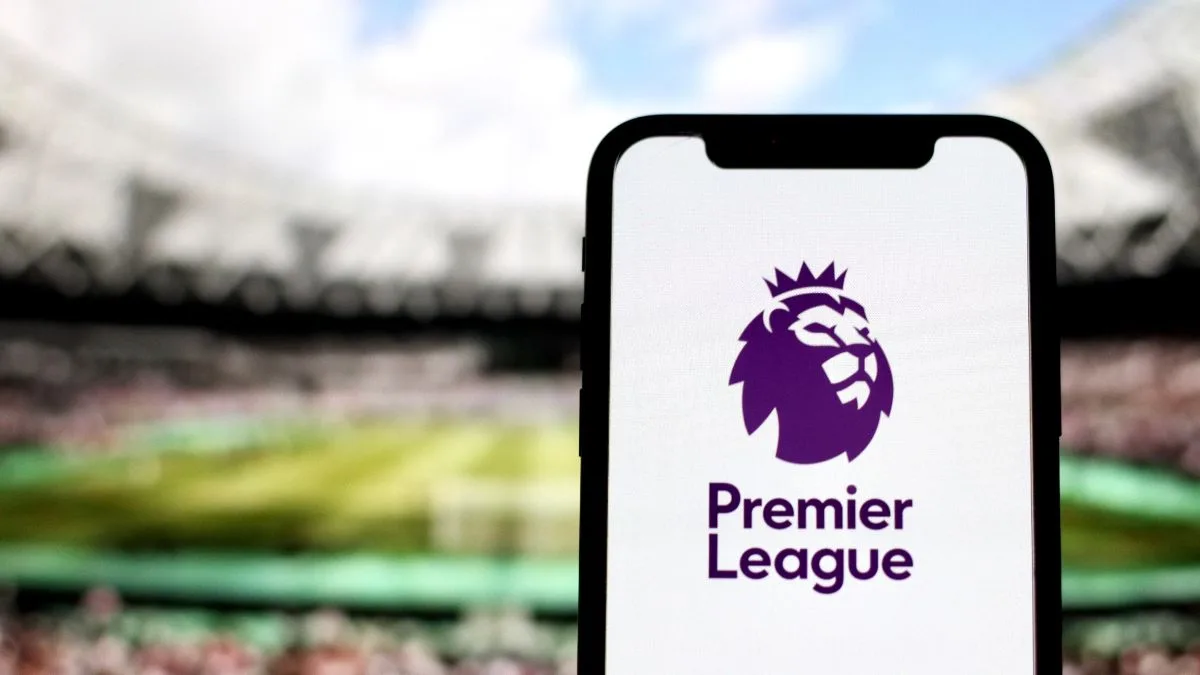Sometimes games confront us with questions that aren’t easy to answer. It’s not just about winning a battle or completing a quest — it’s about making a decision that can change the fate of characters and the way we perceive the entire story. Such moments make us reflect on our own principles and boundaries. I believe that moral choices make games feel closer to real life, where there is often no single right answer. That’s why ethics in games go far beyond mechanics — they become a way to understand ourselves.
In many modern games, moral decisions are not just an element added for interest but a core part of the narrative structure. Developers increasingly build stories around player actions, turning every decision into a branching point capable of changing the course of the story. In Mass Effect, for example, the fate of entire civilizations depends on the words you choose in dialogue, while in The Witcher 3, every action Geralt takes has consequences — even the smallest ones. I like that such games show how a simple “yes” or “no” can shift the perception of characters, the ending, and even the emotional tone of the story.
Moral choice appears even where it might seem out of place at first. Even shooters, traditionally focused on precision and reflexes, are slowly becoming spaces for ethical reflection. In Counter-Strike 2, teamwork and interaction between players directly depend on trust, fairness, and mutual respect. Sometimes it’s the attitude toward teammates, not the number of kills, that determines success. That’s why I often check counter-strike 2 wiki to better understand how in-game mechanics, rules, and community culture shape a sense of fairness and responsibility. Ethics in such games are reflected not only in gameplay but also in how people treat each other on the virtual battlefield.
To me, these situations show that even the most dynamic and competitive games can serve as a mirror of human morality. When a player decides whether to support an ally, save an NPC, or sacrifice something for victory, they inevitably face their own principles. And even though it happens in a digital space, such moments make us think about how we act in real life. Games become not just entertainment but a kind of simulator for moral decision-making — where every situation offers a glimpse of who we truly are.
Moral choices in games are not just decorative features but essential tools of storytelling. They let players feel that their actions truly matter. More and more developers use choice systems to tell stories not through cutscenes, but through the hero’s decisions. In Life is Strange or The Walking Dead by Telltale, every choice has consequences — you might save one character but lose the trust of another, making each step emotionally significant.
What fascinates me is that such games use ethics not for drama, but for reflection. They don’t just put the player in a difficult spot — they make you think about why a certain option feels right. In Disco Elysium, morality is woven into every detail: even a simple conversation can test the character’s beliefs. Games like this prove that narrative can be alive and reactive, reflecting the player’s inner world rather than just mechanical choices.
The strength of these stories lies in the absence of easy answers. A player may feel guilt even for a logical decision, and that mix of responsibility and doubt makes such games truly mature. They turn gameplay into a personal dialogue about good, evil, and consequence — leaving an impression that no restart can erase.
Some games literally force us to take on the role of a judge — not in a legal sense, but in a moral one. It’s not just a choice between “good” and “bad” outcomes, but a situation where every option leaves a mark. Such moments break the distance between the player and the character, turning gameplay into a personal experience. It’s at this point that a game stops being mere entertainment and becomes a mirror reflecting our own beliefs.
A vivid example is Spec Ops: The Line, where the developers used the mechanics of a military shooter to explore moral exhaustion and the futility of violence. At first, it seems like a typical action game, but as you progress, you begin to realize that every shot has a cost. The game doesn’t judge you, but it makes you feel responsible, breaking the familiar sense of “heroism” in battle.
In Undertale, the player can finish the game without killing a single enemy — and that choice becomes its moral core. Here, goodness is not an abstract concept but a conscious decision that requires patience and empathy. To me, such projects are not just gameplay experiments but reminders that even in a digital world, the responsibility for one’s actions remains.
It’s interesting how many games create the feeling of freedom while tightly controlling its boundaries. The player believes they’re making meaningful decisions, yet the outcome is often predetermined by the design of the story. This isn’t deception — it’s a way to show that even limited choice can evoke genuine emotion. What truly matters is not where the decision leads, but what a person feels when making it.
A good example is Bioshock and Dishonored, where moral choices do influence the ending, but the framework is already set. In Bioshock, you can decide whether to save the Little Sisters or harvest their power, but the path ultimately remains the same. In Dishonored, moral choices affect the chaos level, yet the mission structure doesn’t change. To me, there’s a kind of honesty in that: games remind us that freedom isn’t absolute, and even within constraints, we can still learn a lot about ourselves.
Games, in this sense, become a safe space for experimenting with morality — a place where you can make mistakes and still learn something valuable. And even if the ending is predetermined, the emotions you experience along the way are real. That, to me, is the true power of the illusion of choice.
Moral choices in games make them deeper and more human. They turn simple gameplay into reflection — about ourselves, about the boundaries between good and evil, and about the consequences of our decisions. For me, this is the strongest argument that games can be more than just entertainment — they can be a tool for self-discovery. After all, sometimes a single “choose” button can make you think more than dozens of pages of philosophical text.




Want to add a comment?